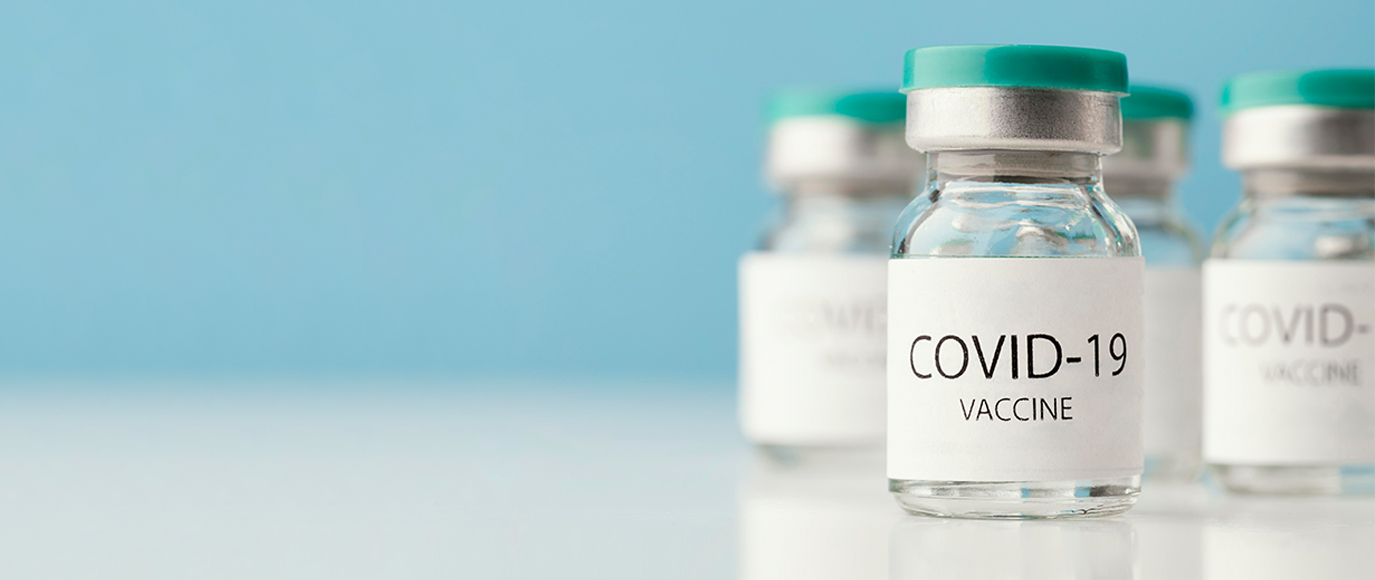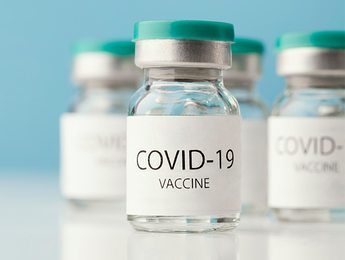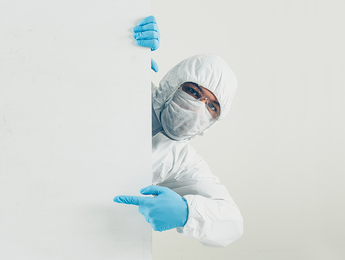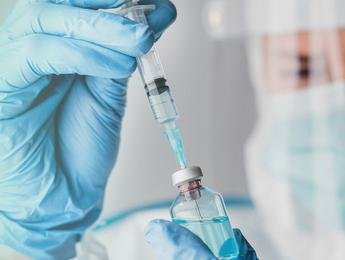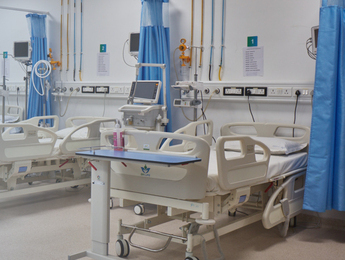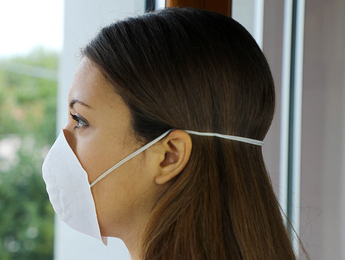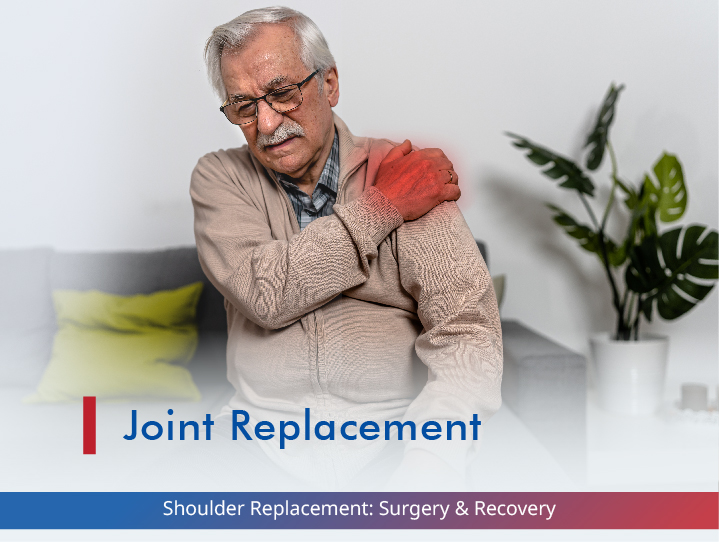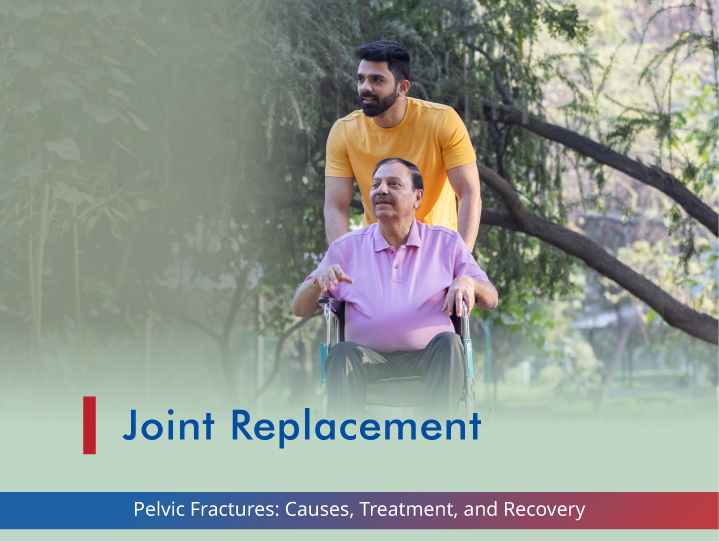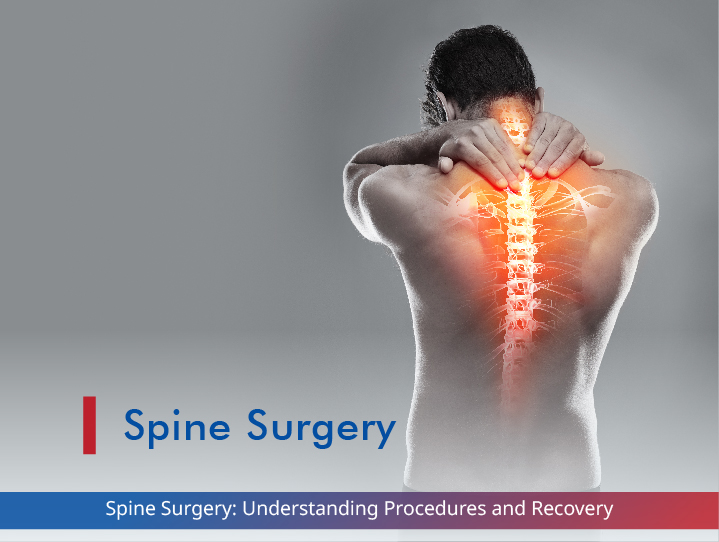Millions of people across the world have had a coronavirus (COVID-19) vaccine, and the vaccine’s safety continues to be monitored. Serious negative COVID vaccine effects are quite uncommon. The COVID vaccine’s side effects are generally mild and only last a few hours to a few days for most people. A sore arm or flu-like symptoms such as tiredness, fever, and chills can occur in most individuals. According to researchers and doctors, it is normal to have such symptoms as your body is in the process of building antibodies against the virus.
Common COVID-19 Vaccine Side Effects
A majority of COVID-19 vaccination side effects have been mild to moderate and short-lived. Here are the most commonly reported side effects:
- Pain, redness, or swelling on the arm where you received the shot
- Tiredness
- Headache
- Muscle pain
- Fever or chills
- Nausea
According to a study including over 6,00,000 persons who received the COVID-19 vaccine, the most prevalent COVID vaccine side effect reported was that of a sore arm. One in every four people experienced a headache and a fever. People under the age of 55 and women are more likely to develop side effects. People who suffered from COVID-19 are also more likely to experience side effects than those who did not. However, there are a few people who experienced no side effects at all.
Tips to Manage COVID-19 Vaccine Side Effects
Here are some tips if you don’t feel well after your shot:
-
- Apply a clean, cool, moist washcloth to the area where you had the shot if it hurts. The soreness might also be relieved by moving the arm about.
- If you have a fever, stay hydrated by drinking plenty of fluids.
- You can take some over the counter medicines to ease any aches or pain.
- Call your doctor if side effects don’t go away after a few days or are causing you concern
.
However, one must remember that having COVID vaccine side effects is a good sign. The vaccine causes your body to react in the same way it would if you were infected with the virus, but without the risk of getting sick. And once it’s over, your body will know how to combat the infection if it appears again.
While the vast majority of people are eligible for the vaccine depending on their health status, those with particular medical issues may have a different reaction to it or be recommended not to get it at all. If any of the following apply to you, talk to your doctor before getting the shot:
- You’ve previously had a serious allergic reaction to a vaccine.
- You’re expecting a child, planning to have a child, or are breastfeeding.
- Your immune system is compromised due to a condition.
- You’re undergoing radiation or chemotherapy.
- You’re using immune-suppressing drugs or have been on corticosteroids for more than 14 days.
There are a lot of hospitals that have been advising the general public on precautions to take after getting the vaccine. SPARSH Hospital in Bangalore is one of them. The experts there suggest that anybody who can be vaccinated against COVID-19 should do so, not only for their own health but also for the health of everyone. It will be easier to move past the pandemic when more people are vaccinated because then the spread of the virus can be controlled in a much better way. They also suggest following protocols and taking precautions even after COVID vaccination since although the vaccination reduces your odds of getting the COVID-19 and the severity of the virus, it does not make you completely immune — and it does not make individuals who have not been vaccinated any less vulnerable. You can still get the virus and experience the symptoms, but getting vaccinated assures that the infection does not have a life-threatening effect on your body.

